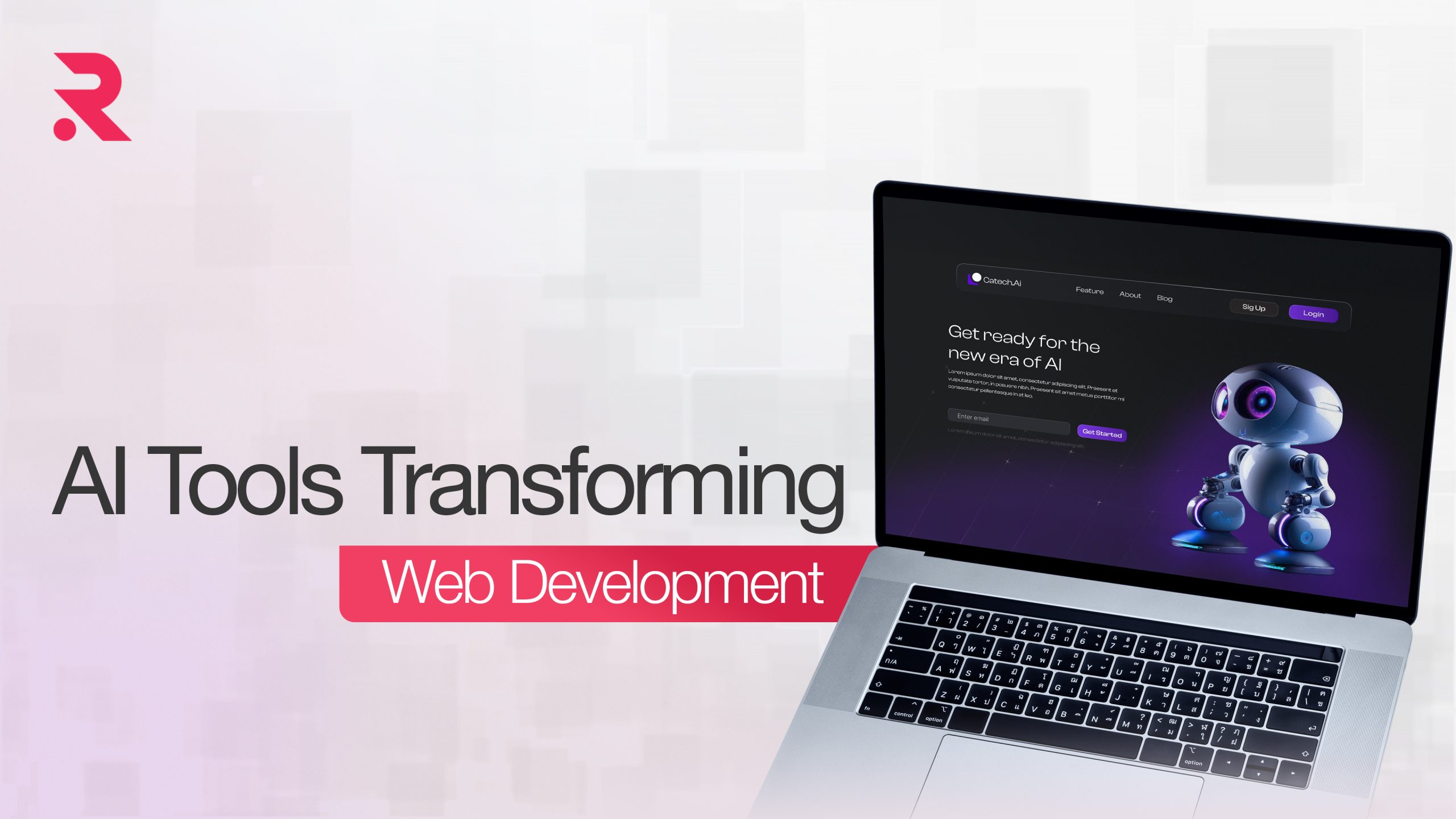Top 5 Ecommerce AI Agents to Save Time, Cut Costs, and Grow Profits
Discover the top Ecommerce AI agents that save time, cut costs, and drive profits with automation and smart features.
- October 24, 2025
- by Tarun


Introduction
Speed and smart working powers the operations of ecommerce teams. Because of the first person being influenced by the conditions while the second was not binding the action of the first, there may be a clear distinction made in conditional sentences. The ecommerce AI agents are currently trades in keeping stores open and bringing shopping online. They perform tasks that traditionally are very time-consuming and occur in many steps. Reading a customer question, finding products that match, showing photos and discounts, and helping the person pay are some things an ecommerce agent does. They keep learning from items that happen and adjust themselves accordingly to get better at the work they do.
A right placement of right agents helps a team to avoid spending time on small tasks. This means cutting down on labour expenses and increasing income at the same time. These agents work on selling products to customers, as well as instilling that desire on every customer to do a little bit of extra buying. They perform their duties really well in order for customer satisfaction and further business establishment.
In this article, five top ecommerce AI agents are talked about. Start with your own team agent. After that, check out four agent types that give the most in marketing, support, tracking, and special task setup.

AI Shopping Assistant needs to be at the top of this list because it is made just for people to find and buy things on ecommerce sites. The app listing and demo show an AI chat assistant. This assistant helps people learn about products, get tips on what to buy, and move through checkout. It can be trained to learn about the store’s products, pages, coupons, and its knowledge base.
Here are some key facts about this agent from your app listing and demo. The agent is an AI chat assistant that helps with natural talks. It can remember what was said before. The assistant suggests products and shows images during chats. It lets users pick different product options, and it connects product and page content to help with training. Merchants can grow the training system and add more connections, as there be different levels of pricing. The app has a free trial. There be monthly plans that give you more training for products and tools like custom information sets, tracking, and help from people for the top plans. All of this shows that the messenger is made to help stores get more sales with chat.
Why put this agent first?
- Polyglot selling: It looks at your real catalogue and uses your contents. It finds the right SKUs for you and gives different advice. So, you do not get the same answer every time.
- Conversion-centric features: You can add images in the same line, pick different options, and set up your cart or checkout steps. These things make shopping simple. They also help people buy what they want more easily.
- Operational blend: This helps cut down support jobs. It links FAQ automation with product discovery and how things work after people buy. It also can make sales go up.
- Scaling price: The levels let a small store begin at a lower cost. When the shop gets bigger, it can get more training or need to handle more orders.
Practical benefits (how it saves time and cuts costs)
- Instant shopper answers help bring down bounce rates and cut out many of the usual support tickets.
- Automated cross-sell and upsell flows in chat help raise AOV without any need for people to work on it.
- Post-purchase automation handles things like shipping updates and helps with returns. This means you do not have to do so many follow-ups. It also cuts down on the same tickets coming in again and again.
- Easy setup and free trials help you get value fast.
Quick implementation checklist for this agent
- Feed title, description, SKU, type, and images as good product data.
- Sync blog or content pages with discounts. This lets the agent show deals and policy info.
- Set up sales playbooks that show the allowed discount range, upsell rules, and escalation rules.
- Begin with “assist” mode first. It gives you ideas and tips. Take time to look at these chat logs before you let any steps happen with the cart or checkout automatically.
- Let people step in to help with tough questions. Make the agent better by using real chats.
How to evaluate any ecommerce AI agent before you buy?
Before we talk about other kinds of agents, here are some things you should look at when you judge any ecommerce AI agent.

- Aligning outcome: Will the agent solve a major business problem such as reducing tickets, increasing AOV, or spending better on ads?
- Readiness of data: Can you supply clean product, customer, order, and content data to the agent?
- Integration: Will it get linked to your storefront, analytics, ad platforms, and CRM?
- Controls and Governance: Will the platform allow limits to be put in place, such as a maximum discount one can give or situations where a price must be approved by a higher authority?
- Observability: Can you monitor conversation logs, choices, and actions for assessment and training?
- Pilotability: Can you test it on a small scale and find a better way, with some being left out for comparison?
- Cost-to-value: Find what you pay for the subscription and what it costs to connect it. Then convert this into how much time you save at work, and how much money the team can make back from it.
Now, the other four high-impact ecommerce AI agent archetypes you should evaluate after your in-house agent.
Need a Reliable Ecommerce Development partner to help grow your Business?
Our Experts Can Help!
Analytics & insights agent (Data → Decisions)
Golden use case: keeping an eye on things all the time and doing budget or fulfilment steps by itself.
What it does
An analytics tool takes in your ad spend, website data, order details, and product lists. It helps you see anything strange, find any trouble, and shows ways to change your budget. The tool can also do easy tasks for you, like turning off ads that are not working well. It can put up bids on ads that get better results or tell you if your stock is low and this fits with your ad work. Merchants do not need to wait for a report each day. They get news and tips in easy words, almost right away.
Business impact
- Faster time for people to notice and act when performance goes down or goes up (just minutes, not hours or days).
- Cut down wasted money on ads by stopping the ones that do not work well, fast.
- Campaign and group tracking now looks better, assisting good decisions on long-term LTV.
Some implementation suggestions:
- Keep UTMs and order data clean and unified.
- Match SKUs with margin numbers so that the agent thinks about profit and not simply revenue.
- Start in recommendation mode. Let the system change campaigns on its own only after you are confident that it works correctly.
Ad automation & creative optimisation agent (Acquisition automation)
Golden use case: growing paid ads by trying out new ideas and setting up autonomous bids.
What it does
This agent keeps testing different creatives, audiences, and ways to bid to get better results for your business-laws, such as greater value per purchase, ROAS, or LTV. The agent can also help you by giving new ideas for creatives. It looks for groups that are likely to be interested, and it puts more money into parts that work well, all by itself.
Business impact
- ROAS was improved by transferring money to groups and ads displaying genuine value.
- You test fast enough to build up quickly the best-performing ads.
- The marketing team has set itself a task of staying as far away from manual campaign management.
Implementation Tips
- When considering a campaign, the delivery of the high-grade creative files and proper set-up of cross-channel tracking must be ensured.
- Focus on LTV optimisation whenever your business gains value from customers that buy on a second occasion.
- Use slow rollouts to validate agent recommendations with holdouts.
Conversational sales agents (Convert browsers to buyers)
Golden use case: Grow sales and average order value using a product-aware chat.
What it does
A conversational sales agent talks to people like a real salesperson online. It can ask your questions to learn more, help you choose the right product, suggest bundles, and start or finish your purchase. Often called a “smart agent”, this differs quite a bit from the basic types of agents. It knows all about the products, catalogues existing items, and strictly follows the business rules. It will assist in finding the right sizes, colours, and bundles of extra items you might require.
Business impact
- You get more people to buy when they are already interested. This is because the agent can make the process from showing interest to buying much faster.
- Use smart tools to boost the AOV by offering cross-sells and bundles.
- Support costs are lower, since the routine product questions get handled by themselves.
Implementation tips
- Give data to the agent at each level and regular fit instructions.
- Script escalation rules say that the agent has to send you to a human agent if, say, a refund fight occurs.
- Watch the transcripts of the chat and the regular questions to help retrain it.
Agent builders & custom workflow agents (Automation platform)
Golden use case: automate hard, many-system jobs that fit what your business does.
What it does
Agent builder platforms help you make your own agents and set up steps across all your tech tools. You can connect things like your CRM, ERP, ad tools, helpdesk, and order systems. The VIP customer could be easily noticed for a special offer, the CRM system could be updated, and a real person could be notified of the acceptance of a special offer-the entire process is possible in full automation, with no human intervention.
Business impact
- Less manual handing off across departments.
- A mess-up occurs less during a process because a machine follows a given track.
- Complex scenarios, such as warranty claims or multipart returns, receive quicker processing time.
Implementation tips
- Be sure to map out the workflow before you make the agent. You need to know each system the agent will use.
- Start small. Use automation for one job that comes up a lot. Then add more.
- Add human review steps for high-risk actions.
Need a future-proof Ecommerce AI app?
Our Experts Can Help!
Closing thoughts
The AI agents in ecommerce have a lot of applications; they can not only save money but also make more money when utilised in programming tasks. Starting with your product-aware chat agent works well for many sellers. This shopping time being shorter and support costing less are what this does. Using analytics agents and ad automation lowers the cost while letting profit work upward at the same time as a great plan.
 Shopify
Shopify

















